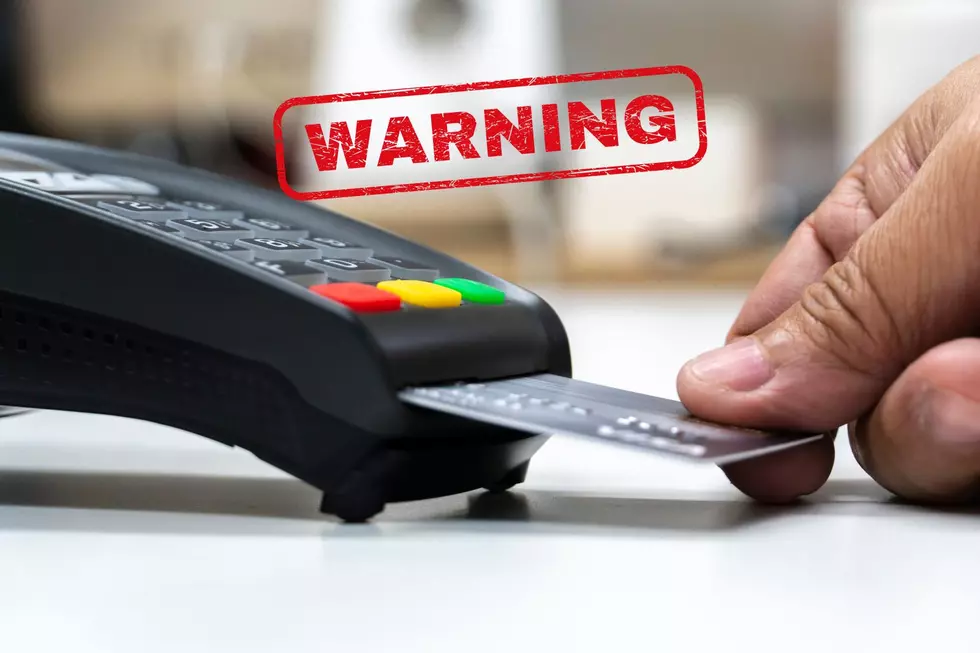![New Law Cracks Down on Handicapped Parking Permits in NJ [AUDIO]](http://townsquare.media/site/393/files/2012/07/handicapped-parking.jpg?w=980&q=75)
New Law Cracks Down on Handicapped Parking Permits in NJ [AUDIO]
There's a new law on the books that aims to crack down on perfectly healthy people who park in handicapped parking spots reserved for the disabled.
The new law requires that placards be renewed every 36 months with doctor certification, to confirm that the placard is still needed. The statute went into effect last Thursday.
"We've all walked into a restaurant or grocery store at one time or another and seen high-performance sports cars parked in parking spots reserved for people with disabilities, or watched on a rainy day as an individual parked in a disabled parking spot leapt nimbly from their vehicle and sprinted to their destination," said Assemblyman John Burzichelli, one of the bill's co-sponsors. "Making these common-sense changes to the law will ensure that we see less of these types of scenarios in the future."
Under the law, the following changes will be made concerning the issuance and renewal of temporary and permanent identification cards, placards and license plates for individuals with disabilities:
- The term "handicapped" will be replaced with "person with a disability" in keeping with current state law that requires offensive or outmoded terminology be replaced with more acceptable, current language.
- All disability windshield placards will be issued with a prominently printed and displayed expiration date.
- Permanent person with a disability identification cards and placards will be required to be renewed every three years.
- The certification of a medical professional will be required for the issuance and/or renewal of a person with a disability identification card or placard.
The measure is also co-sponsored by Assemblyman Troy Singleton and he credits a constituent for inspiring the legislation.
"Instances of abuse involving individuals with disability parking tags were first brought to my attention by a concerned constituent with a severe disability who had firsthand experience with the problem," said Singleton. "After listening to her concerns and talking to my colleagues, we came up with what we think is a simple, yet effective, way to address the problem."
People with the placard or license plates will also have to carry a matching card to prove they were issued to them. If the driver is not the person in possession of a handicapped identification card, the person must be present in the vehicle. Regulations also prohibit a placard holder from allowing someone else to use their placard.
Several states, including Florida, California, Pennsylvania, Oregon and Wisconsin have some or all of these restrictions already in place.





